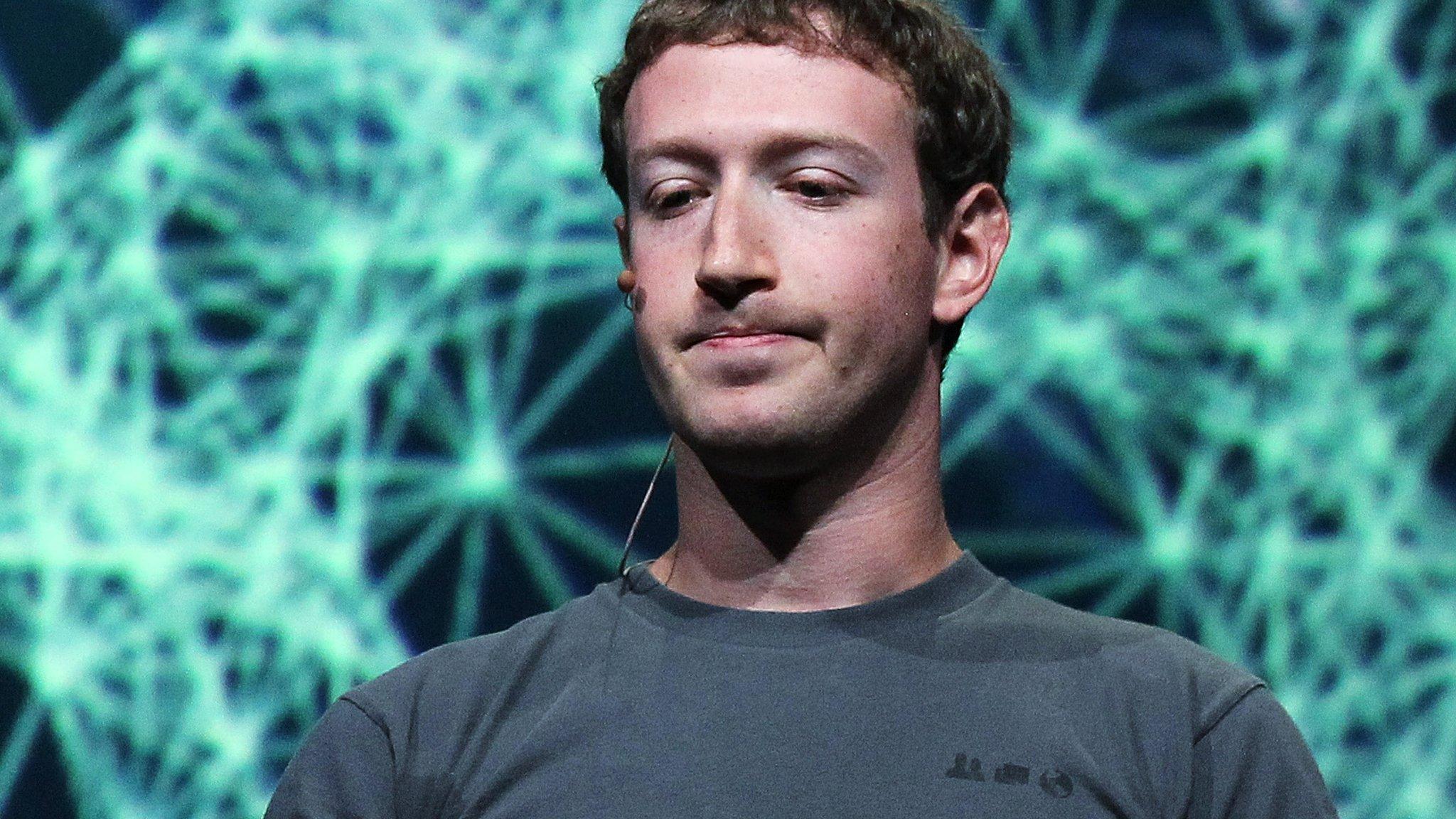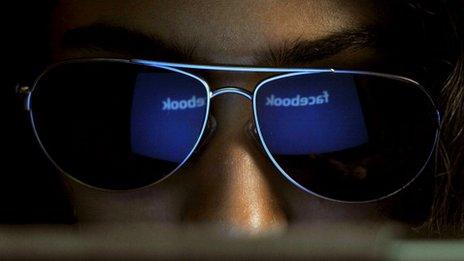Sexism campaign: Facebook learns a lesson
- Published
- comments

Facebook, like other web superpowers, has always wanted to be seen as a technology business, not a media player. That's because media companies, which control their own content, are under the spotlight from regulators, politicians and advertisers.
But overnight the company has had to respond to a campaign by women's rights groups, angry about its apparent tolerance of misogynistic hate speech on the site. Facebook has been forced to face facts - offensive content posted on its platform will be seen by many as its responsibility and could harm its business.
Facebook's first response to campaigns by people disturbed by hateful material of any kinds on its pages has usually been to point out that it is a self-policing community, with controls that enable users to report offenders against its code, external.
But now the social network admits that isn't working.
"In recent days, it has become clear that our systems to identify and remove hate speech have failed to work as effectively as we would like, particularly around issues of gender-based hate."
Facebook then outlines a series of moves to shore up those systems. The most significant appears to be an insistence that anyone posting cruel or insensitive humour - not hate speech - has to stand behind that with their own authentic identity so that they can be called out by other users.
Women, Action and the Media, one of the groups which had been calling for action against anti-women hate speech, welcomed Facebook's move, external, hoping it would mark "an historic transition in relation to media and women's rights".
Last month, the social network removed decapitation videos from the site, after first maintaining that it could not censor material posted by users which gave a view of the "world in which we live".
So, is Facebook growing up, aware at last that it is a media company and has to take responsibility for the content created by its billion or so users?
Maybe, but it is also a business which desperately needs to keep growing its revenue from advertisers. It has been reported that a number of major companies have suspended their advertising after their messages were seen alongside offensive material on Facebook.
The Nationwide Building Society used its Twitter account - @asknationwide, external - to apologise to those who complained and announce it was suspending advertising. "Our ads target a user's profile based on location, not pages. We'll suspend our ads. Sorry for any upset this has caused," read a series of tweets.
Lessons then, for the social media firm and for those campaigning to force it to change. Facebook has learned that the spotlight on its content will shine ever brighter - and the campaigners have worked out that if you want a speedy response, target the advertisers.
- Published29 May 2013

- Published28 May 2013
